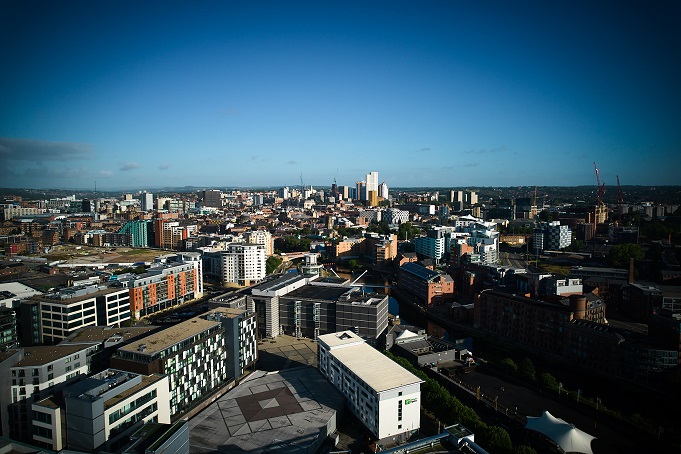Construction has recently commenced on milestone extensions to the innovative low-carbon district heating network being rolled-out in Leeds city centre by sustainable energy experts Vital Energi, in partnership with Leeds City Council.
£3 million of Heat Network Investment Project (HNIP) funding was secured by Leeds City Council to support the phase three spine extension of the Leeds PIPES project, which uses heat from non-recyclable waste at the nearby Recycling and Energy Recovery Facility (RERF) to generate reliable, affordable, low-carbon heat and hot water for nearly 2,000 flats and a dozen non-domestic buildings across Leeds. The HNIP funding will support a significant 2,500m spine extension across zones covering student apartments, residential developments, multi-storey flats, large public sector sites. Additionally, the extension will help to strategically open up more of Leeds for future sustainable energy developments.
Demonstrating the momentum of the network, a second separate piece of work has also commenced which will see the Ministry of Justice commit to greener energy consumption for the future in Leeds. Leeds Magistrates Court and Leeds Combined Courts are the latest in a list of high-profile city centre buildings and developments to have signed-up to connect to the district heating network from the existing network along Great George Street. The Combined Court Centre will take up to 1,400 kW and the Magistrates Court up to 800kW from the network.
At full build out, the heat network has the capacity to save approximately 16,220 tonnes of carbon per year.
Mike Cooke, Managing Director, North & Scotland at Vital Energi, said: “By extending the district heating network, we’re enabling forward-thinking organisations like the Ministry of Justice to commit to a more sustainable future, which in turn sets a great example for other businesses across the city looking to lower their emissions and find more affordable methods of operating.
“By joining the network, organisations will have access to an affordable, reliable and low carbon way to provide heating and hot water and will avoid feeling as much impact from energy price increases. Meanwhile, making the long-term shift to a more sustainable form of energy will support wider decarbonisation efforts and help take the city a step closer to reaching its net zero ambitions.”



